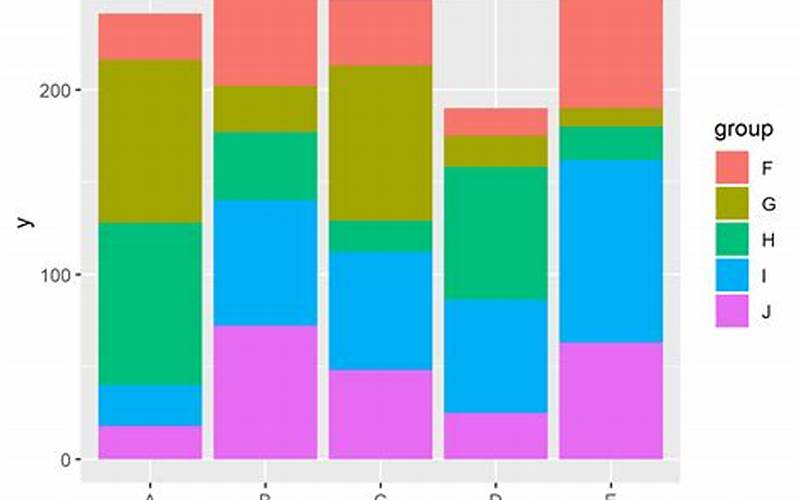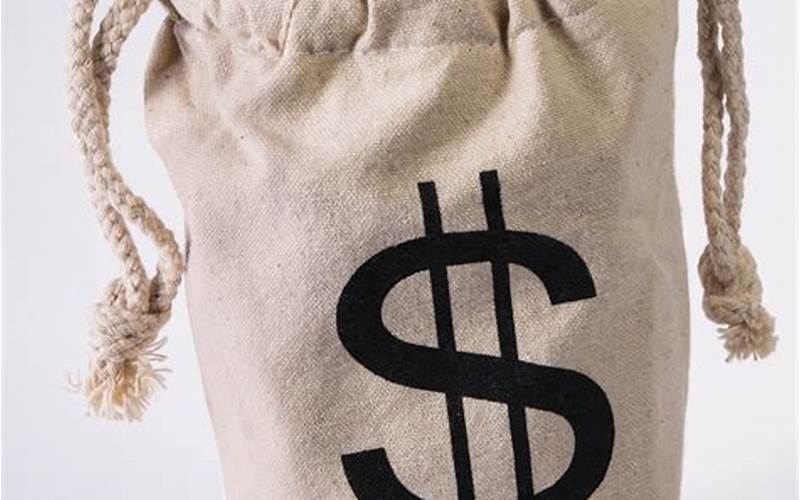Introduction: Why Credit Scores Matter for Consolidation Loans  Source: bing.com
Source: bing.com
Are you struggling to manage multiple debts? If so, a consolidation loan might be the right solution for you. Consolidation loans allow you to combine multiple debts into a single loan, which can simplify your monthly payments and potentially lower your interest rate.
However, getting approved for a consolidation loan can be challenging, and your credit score plays a crucial role in the approval process. In this article, we’ll explore everything you need to know about credit scores and consolidation loans, including:
Key Takeaways:
Topic |
Highlights |
|---|---|
Credit Score Basics |
Learn what credit scores are and how they’re calculated |
Why Credit Scores Matter for Consolidation Loans |
Understand how lenders use credit scores to evaluate loan applications |
Minimum Credit Score Requirements for Consolidation Loans |
Find out what credit score you need to qualify for a consolidation loan |
How to Improve Your Credit Score for a Consolidation Loan |
Get tips on improving your credit score before applying for a consolidation loan |
FAQs about Credit Scores and Consolidation Loans |
Get answers to common questions about credit scores and consolidation loans |
Conclusion: Take Action Today |
Learn how to take the next steps to improving your credit score and getting approved for a consolidation loan |
What is a Credit Score?  Source: bing.com
Source: bing.com
A credit score is a numerical representation of your creditworthiness. It’s calculated based on your credit history and other factors, such as the amount of debt you have and how reliable you are at making payments on time. The most commonly used credit scoring model is the FICO® Score, which ranges from 300 to 850.
Your credit score is an important factor for lenders when determining whether to approve you for a loan or credit card. A high credit score indicates that you’re a low-risk borrower who is likely to make payments on time, while a low credit score suggests that you may be a higher risk borrower who is more likely to default on a loan.
Understanding your credit score is crucial when applying for a consolidation loan, as it can impact your ability to get approved and the interest rate you’re offered.
How is a Credit Score Calculated?  Source: bing.com
Source: bing.com
Credit scores are calculated based on a variety of factors, including:
- Payment history: Whether you’ve made payments on time
- Amount owed: The total amount of debt you have
- Length of credit history: How long you’ve had credit accounts open
- New credit: How many new credit accounts you’ve recently opened
- Credit mix: The types of credit accounts you have, such as credit cards, loans, and mortgages
The weight of each factor varies depending on the credit scoring model used, but payment history and amount owed typically have the biggest impact on your score.
Why Does Your Credit Score Matter for Consolidation Loans?  Source: bing.com
Source: bing.com
Consolidation loans are a type of personal loan that allow you to consolidate multiple debts into a single loan. Like other personal loans, consolidation loans are unsecured, which means they don’t require collateral like a car or home.
Because consolidation loans are unsecured, lenders use your credit score to evaluate your creditworthiness and determine whether to approve your loan application. A higher credit score can increase your chances of getting approved for a consolidation loan and can also help you qualify for lower interest rates, which can save you money in the long run.
Minimum Credit Score Requirements for Consolidation Loans  Source: bing.com
Source: bing.com
Every lender has its own credit score requirements for consolidation loans, but most require a score of at least 600 to 660. However, some lenders may require higher scores, especially for larger loan amounts or longer repayment terms.
If your credit score isn’t high enough to qualify for a consolidation loan, you may need to work on improving your score before applying.
How to Improve Your Credit Score for a Consolidation Loan  Source: bing.com
Source: bing.com
If you’re considering a consolidation loan but your credit score is too low, there are several steps you can take to improve your score:
- Pay your bills on time: Late payments can have a significant negative impact on your credit score.
- Reduce your debt: High levels of debt can lower your credit score. Focus on paying down your debts, starting with the accounts with the highest interest rates.
- Avoid opening new credit accounts: Applying for new credit can result in a temporary dip in your credit score, and new accounts can lower the average age of your accounts.
- Check your credit report for errors: Errors on your credit report can negatively impact your score. Make sure to check your report regularly and dispute any errors you find.
- Monitor your credit utilization: Your credit utilization ratio is the amount of credit you’re using compared to your credit limit. Aim to keep your utilization ratio below 30%.
FAQs about Credit Scores and Consolidation Loans  Source: bing.com
Source: bing.com
1. Can I get a consolidation loan with bad credit?
It can be more challenging to get approved for a consolidation loan with bad credit, but it’s not impossible. Some lenders specialize in working with borrowers with less-than-perfect credit, but you may have to pay higher interest rates or fees as a result.
2. What are the advantages of a consolidation loan?
Consolidation loans can simplify your monthly payments by combining multiple debts into a single loan. They may also offer lower interest rates than your existing debts, which can save you money over time.
3. What are the disadvantages of a consolidation loan?
Consolidation loans may have higher interest rates than secured loans, such as home equity loans. They may also come with fees and charges, such as origination fees or prepayment penalties.
4. How does a consolidation loan impact my credit score?
Consolidation loans can impact your credit score in several ways. Applying for a consolidation loan may result in a temporary dip in your score, but making on-time payments on your new loan can help improve your score over time.
5. Can I use a consolidation loan to pay off credit card debt?
Yes, consolidation loans can be used to pay off credit card debt. In fact, credit card debt is one of the most common types of debt that people consolidate with a personal loan.
6. Can I get a consolidation loan if I already have a personal loan?
It’s possible to get a consolidation loan if you already have a personal loan, but you’ll need to make sure that the new loan offers better terms than your existing loan.
7. How long does it take to get approved for a consolidation loan?
The time it takes to get approved for a consolidation loan can vary depending on the lender and your creditworthiness. Some lenders may offer instant approval, while others may take several days to review your application.
8. What documentation do I need to apply for a consolidation loan?
The documentation required to apply for a consolidation loan can vary depending on the lender, but you’ll typically need to provide proof of income, employment, and identity. You may also need to provide information about your existing debts.
9. How much can I borrow with a consolidation loan?
The amount you can borrow with a consolidation loan can vary depending on the lender and your creditworthiness. Some lenders may offer loans up to $100,000 or more, while others may have lower limits.
10. What are the eligibility requirements for a consolidation loan?
The eligibility requirements for a consolidation loan can vary depending on the lender, but you’ll typically need to have a good credit score, a stable income, and a low debt-to-income ratio.
11. Can I pay off my consolidation loan early?
Most consolidation loans allow you to pay off your loan early without penalty. However, you should check with your lender to make sure there aren’t any prepayment penalties or fees.
12. What happens if I miss a payment on my consolidation loan?
Missing a payment on your consolidation loan can negatively impact your credit score and may result in late fees or other charges. If you’re having trouble making payments, contact your lender to discuss your options.
13. How do I choose the right lender for my consolidation loan?
When choosing a lender for your consolidation loan, consider factors such as interest rates, fees, repayment terms, and customer service. You may want to compare offers from multiple lenders before making a decision.
Conclusion: Take Control of Your Finances Today  Source: bing.com
Source: bing.com
Dealing with multiple debts can be overwhelming, but a consolidation loan can help simplify your finances and potentially save you money. However, getting approved for a consolidation loan can be challenging, especially if your credit score is low.
By understanding how credit scores work and taking steps to improve your score, you can increase your chances of getting approved for a consolidation loan and securing a lower interest rate.
Remember, choosing the right lender is crucial when applying for a consolidation loan. Be sure to compare offers from multiple lenders to find the best deal for your needs.
Don’t let debt control your life – take control of your finances today with a consolidation loan.
Closing: Disclaimer  Source: bing.com
Source: bing.com
The information presented in this article is for educational purposes only and should not be considered financial advice. Please consult with a financial professional before making any decisions about consolidation loans or other financial products.